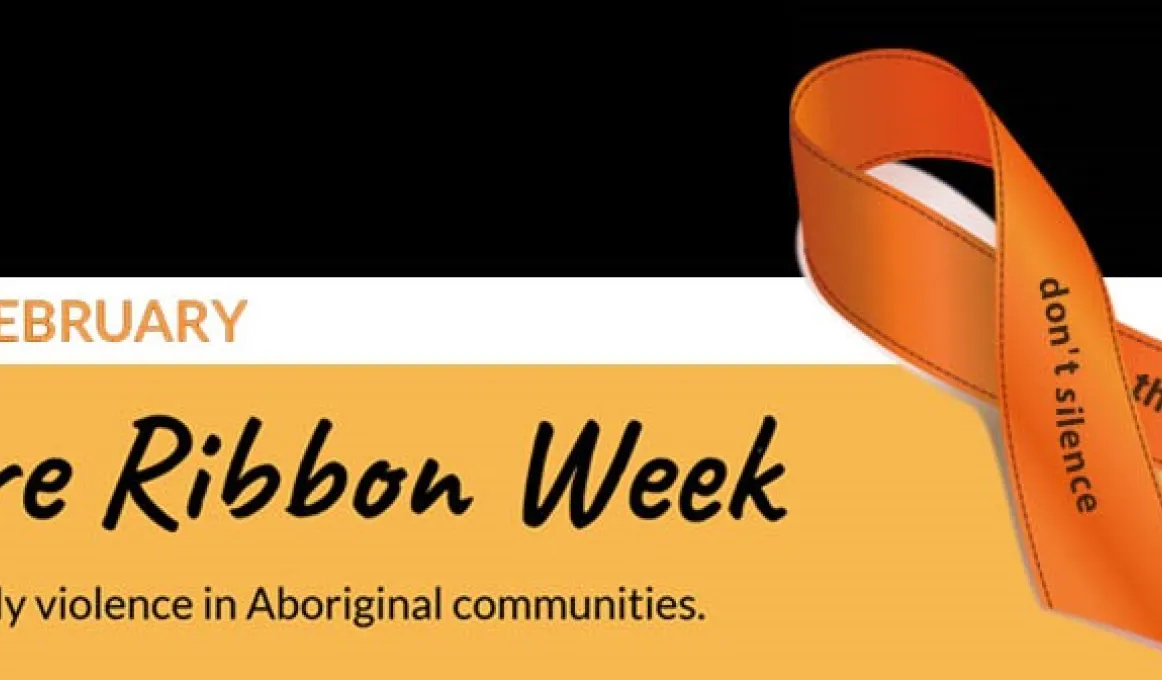Ochre Ribbon Week 2020

Ochre Ribbon Week raises awareness of the impacts of domestic and family violence in Aboriginal and Torres Strait Islander communities.
Ochre Ribbon Week raises awareness of the impacts of domestic and family violence in Aboriginal and Torres Strait Islander communities.
Ochre Ribbon Week is an Indigenous-led campaign from 12 to 19 February and supported by the National Indigenous Australians Agency (NIAA).
Aboriginal and Torres Strait Islander women experience disproportionally high levels of violence compared to non-Indigenous women, and violence is often more severe in its impact on families:
- Aboriginal and Torres Strait Islander adults are 32 times more likely to be hospitalised from family violence than non-Indigenous Australians,
- Aboriginal and Torres Strait Islander women are 3.4 times more likely to experience sexual assault, and
- Aboriginal and Torres Strait Islander women are 11 times more likely to die due to assault.
Discrimination, racism and intergenerational trauma are significant drivers of the violence experienced by Aboriginal and Torres Strait Islander women. These drivers are exacerbated by factors including alcohol and substance abuse, mental health, inadequate housing and overcrowding, unemployment and poor access to culturally competent services. Breaking this cycle of violence requires community-driven, trauma‑informed approaches to family violence that prioritise cultural healing, family
restoration and the strength of Indigenous families. Solutions must support frontline and prevention services, as well as the structural drivers of violence.
This is why the NIAA is investing $75 million over three years towards frontline services that provide culturally safe legal services and assistance to Indigenous victims and survivors of family violence or sexual assault. Additionally, the NIAA is providing $13.5 million for two new Indigenous-specific measures under the Fourth Action Plan of the National Plan to Reduce Violence Against Women and Their Children (2010-2022) with a focus on supporting Indigenous women and their children in remote areas to access holistic services, and targeting primary prevention programs towards young adults at risk of experiencing or using violence to address past trauma.
Reducing violence against women and their children, especially for Indigenous women, is a national priority of all Australian governments.
Find out more
Fourth Action Plan of the National Plan to Reduce Violence Against Women and Their Children (2010-2022) is available from the Department of Social Services.